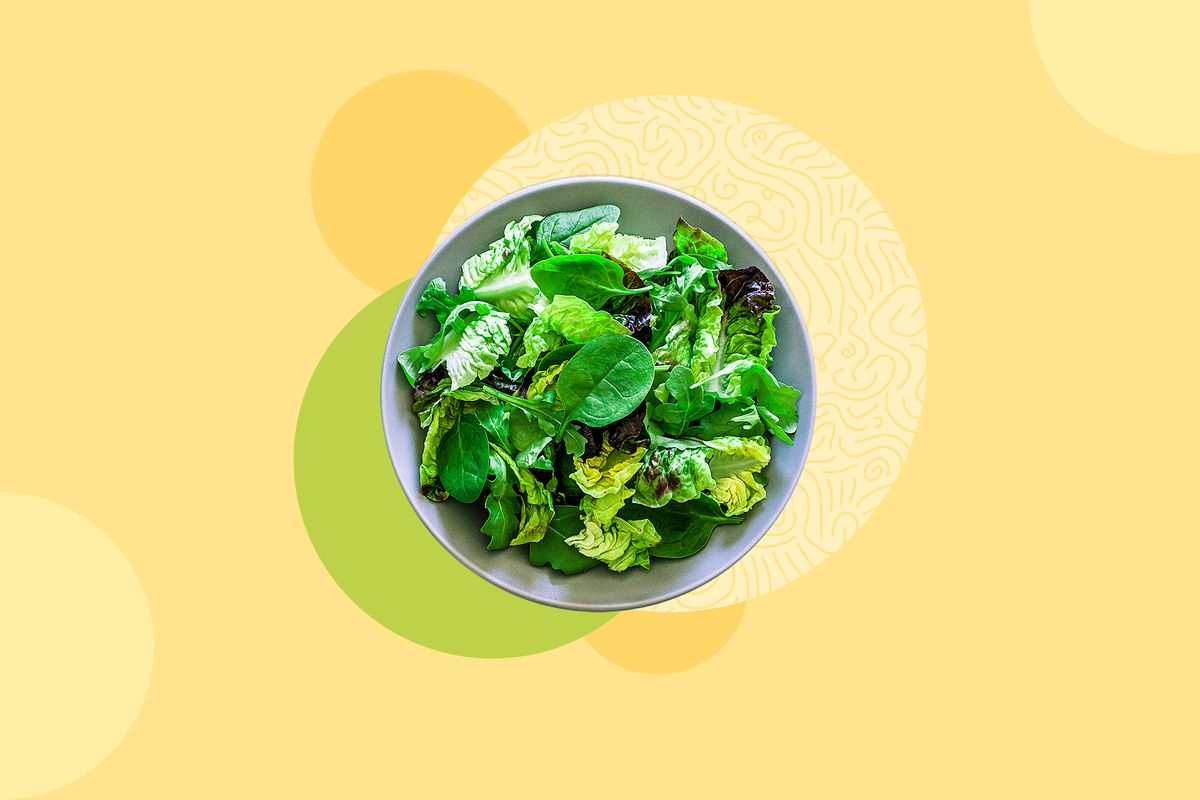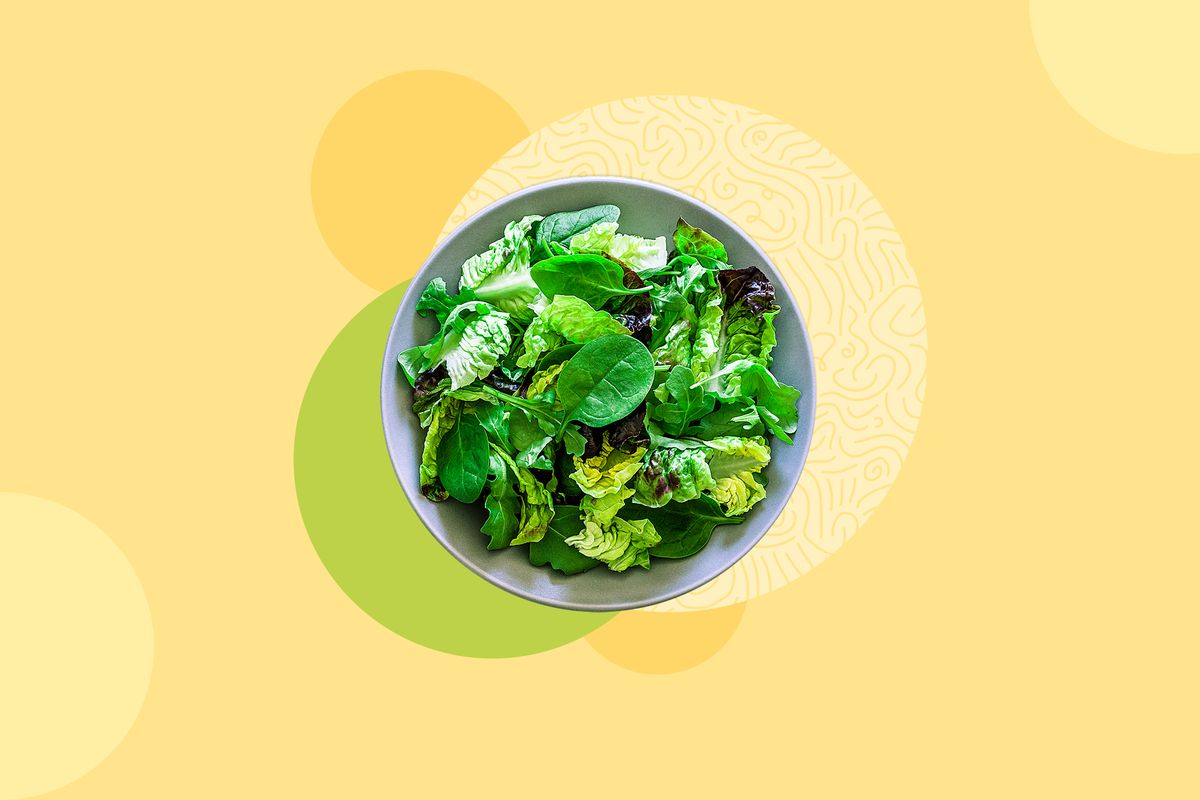Have bagged salad in your home? It's a good idea to pull it out and check the label ASAP.
Dole Fresh Vegetables Inc. is voluntarily recalling bagged salads that have been sold in 10 states over the risk of listeria contamination. The company issued the recall on October 29 after a bag of salad tested positive for Listeria monocytogenes during a random sample test, according to the Food and Drug Administration (FDA).
No illnesses have been reported so far. The recall impacts four different types of ready-to-eat bagged salads sold under these names:
- Dole Garden Salad (24 oz)
- Marketside Classic Salad (24 oz)
- Kroger Brand Garden Salad (12 oz)
- Salad Classics Garden Salad (12 oz)
You can check the impacted lot codes and UPC numbers at the FDA's website. The salads were distributed in Alabama, Florida, Georgia, Louisiana, Massachusetts, Maryland, North Carolina, Pennsylvania, South Carolina, and Virginia.
While the FDA says that the products should no longer be sold in stores, it's possible that you may have a bag in your fridge. If you do, the FDA recommends throwing it out.
Here's what you need to know about listeria, and why this is definitely a food recall you want to pay attention to.
 Listeria Salad Outbreak , top view of a fresh organic green salad shot on abstract background. The salad is in a gray plate and fresh ingredients like broccoli, pumpkin seeds, spinach, arugula, pistachios and asparagus are out of the plate placed directly on the background
Listeria Salad Outbreak , top view of a fresh organic green salad shot on abstract background. The salad is in a gray plate and fresh ingredients like broccoli, pumpkin seeds, spinach, arugula, pistachios and asparagus are out of the plate placed directly on the background
What is Listeria monocytogenes?
Listeria monocytogenes is a germ that causes a serious infection known as listeriosis, according to the Centers for Disease Control and Prevention (CDC). People usually develop listeriosis after eating contaminated food, although the disease mostly impacts pregnant women, newborns, older adults, and people with weakened immune systems. It's not common for other people to get sick with listeriosis, the CDC says.
Listeriosis has most commonly been linked to these foods, per the CDC:
- Queso fresco and other soft cheeses
- Raw sprouts
- Melons
- Hot dogs, pates, and cold cuts
- Smoked fish
- Unpasteurized milk
Listeria monocytogenes can cause serious and sometimes fatal infections in children, frail or elderly people, the FDA warns. Listeria has also been linked to miscarriages and stillbirths in women who are pregnant.
RELATED: Is It Food Poisoning—or Stomach Flu? Here's How to Tell
What are the symptoms of a Listeria monocytogenes infection?
Symptoms can differ, depending on whether you're pregnant, according to the CDC. Pregnant women will typically only have a fever or flu-like symptoms such as muscle aches if they're infected. In non-pregnant women, a listeria infection can cause the following symptoms, the CDC says:
- Headache
- Stiff neck
- Confusion
- Loss of balance
- Convulsions
- Fever
- Muscle aches
How is a Listeria monocytogenes infection diagnosed and treated?
The CDC Says listeriosis is diagnosed through a bacterial culture from body tissue, bodily fluids (blood, spinal fluid), or the placenta.
If you believe you've eaten food contaminated with Listeria monocytogenes and have developed a fever or other possible listeriosis symptoms within two months, it's important to seek medical care, especially if you're pregnant, over 65 years old, or have a weakened immune system, the CDC says. However, if you believe you've eaten contaminated food but have not developed symptoms, you likely don't need testing or treatment.
If you have seen a doctor for listeriosis and received a diagnosis, the CDC says the infection can be treated with antibiotics.
To get our top stories delivered to your inbox, sign up for the Healthy Living newsletter
